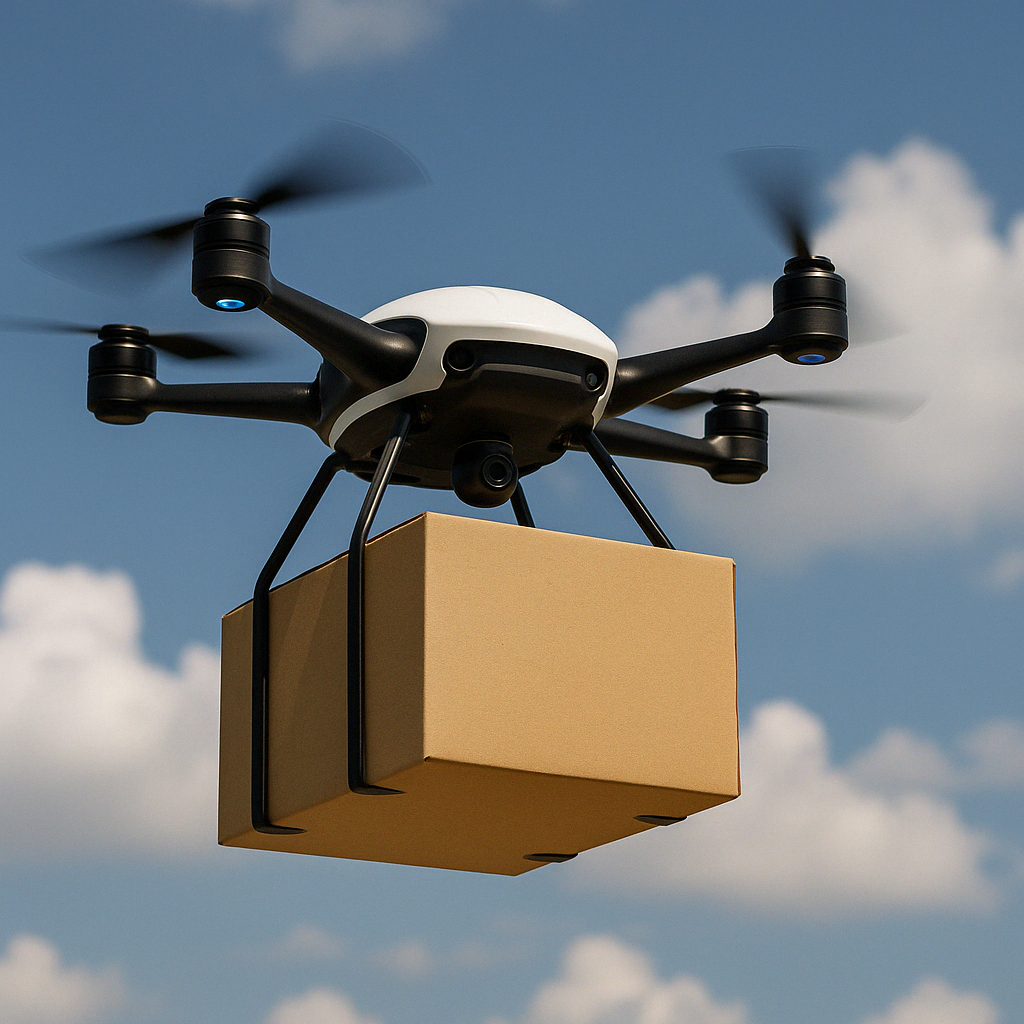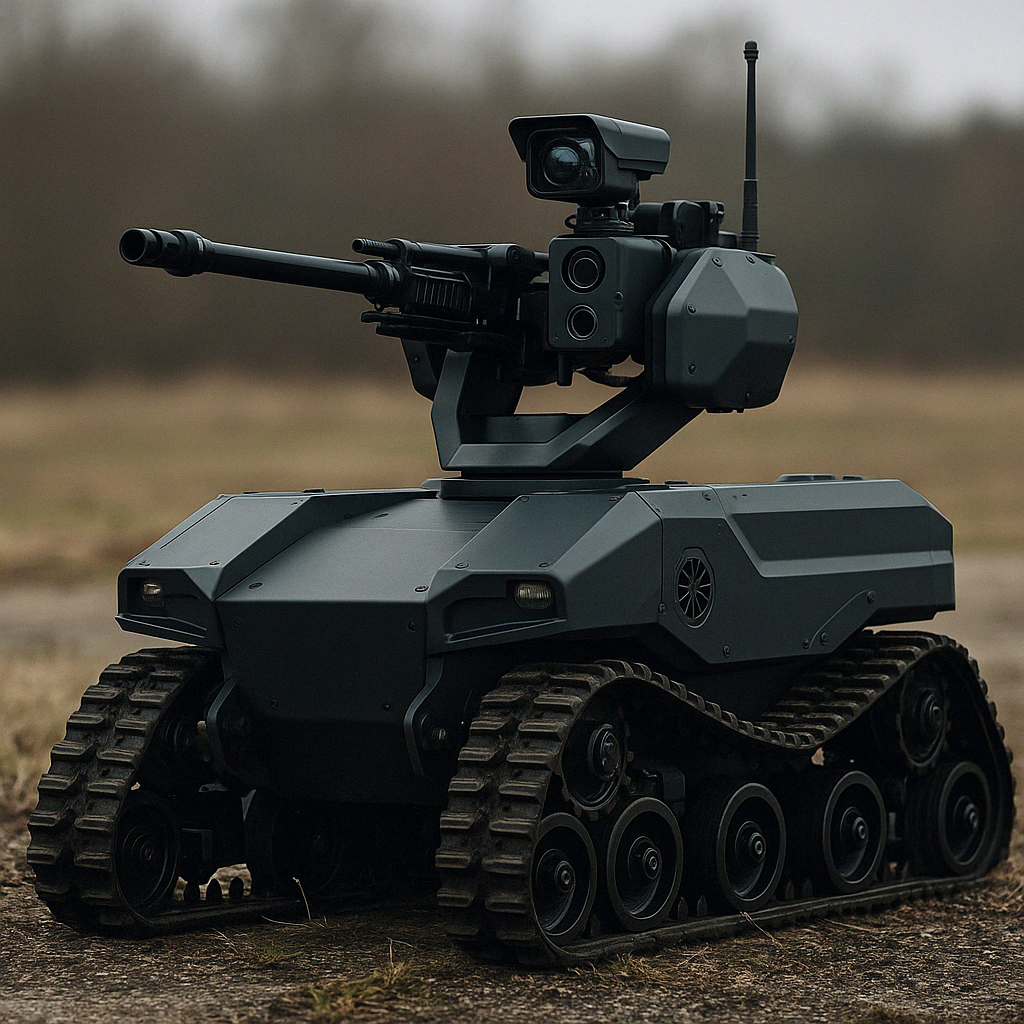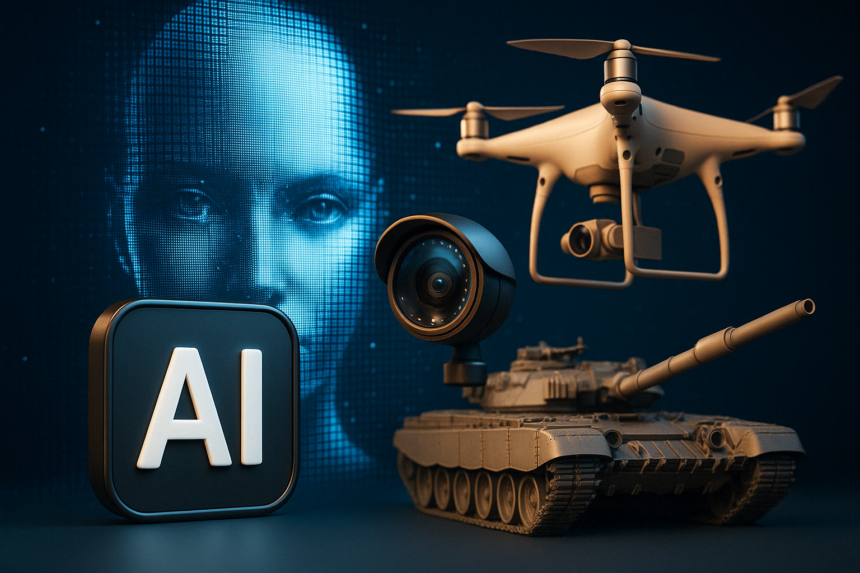As artificial intelligence (AI) continues to advance across multiple industries, its applications are raising exciting opportunities and serious concerns. AI is increasingly part of our daily lives, from monitoring public spaces to delivering products and transforming military operations. However, as these technologies become more integrated into critical sectors, questions about privacy, security, and ethics come into focus.
What’s Happening & Why This Matters
AI’s growing presence in surveillance, deliveries, and warfare unprecedentedly shapes modern society. Governments, corporations, and militaries invest heavily in AI to optimize efficiency, improve security, and enhance operational capabilities. Yet, these developments also present challenges, including concerns over privacy, data security, and ethical boundaries.
Surveillance
AI-powered surveillance tools are revolutionizing public safety monitoring. With the ability to conduct facial recognition and behavioral analysis in real time, AI is helping authorities identify potential threats quickly and efficiently. Cities worldwide have implemented these systems to monitor crowded areas, track criminal behavior, and prevent incidents before they happen.
While these technologies promise to keep communities safer, they raise concerns about privacy rights. The risk of mass surveillance is a significant issue, with many questioning how much data is being collected and who has access to it. Privacy advocates are calling for stricter regulations to protect citizens’ personal information and prevent the overreach of government surveillance programs.

Deliveries

AI is changing the delivery industry, particularly through autonomous vehicles and drones. Companies like Amazon and UPS are experimenting with AI-driven delivery services to increase speed and efficiency. Autonomous delivery vehicles, especially drones, are expected to reduce shipping times and lower transportation costs, benefiting both companies and consumers.
However, these advancements also come with challenges. As AI-powered delivery systems become more widespread, personal data and consumer information security are growing concerns. If these systems are compromised, the consequences could be severe, ranging from data breaches to delivery theft. The need for stronger cybersecurity measures grows as these systems become more integrated into our daily lives.
Warfare

AI’s role in military applications is perhaps the most controversial and alarming development. The use of AI in warfare ranges from drones that conduct surveillance to autonomous weapons capable of making life-and-death decisions without human intervention. AI-enabled drones are already being used for targeted strikes, reconnaissance missions, and battlefield intelligence gathering, with countries globally investing in military AI.
While these technologies offer greater efficiency and precision, they also introduce ethical questions that must be addressed. For instance, autonomous weapon systems (AWS) raise concerns about the possibility of machines making decisions to kill without human oversight. This has sparked a global conversation about the ethical use of AI in warfare, and many international bodies are calling for frameworks to ensure that human oversight remains intact in life-and-death decisions.
TF Summary: What’s Next
AI’s growing presence in surveillance, deliveries, and warfare promises to significantly impact society, from securing public spaces to delivering goods and fighting wars. As AI continues penetrating these vital sectors, the need for clear regulations and ethical guidelines becomes more urgent. Ensuring that privacy rights are protected, security measures are robust, and moral boundaries are respected will be crucial in guiding AI’s role in our future.
Governments, corporations, and ethical bodies must collaborate to establish frameworks for governing AI use, particularly in sensitive areas like military operations and public safety. As these technologies progress, so must our approaches to safeguarding individual freedoms and ensuring that AI serves society positively and responsibly.
— Text-to-Speech (TTS) provided by gspeech


